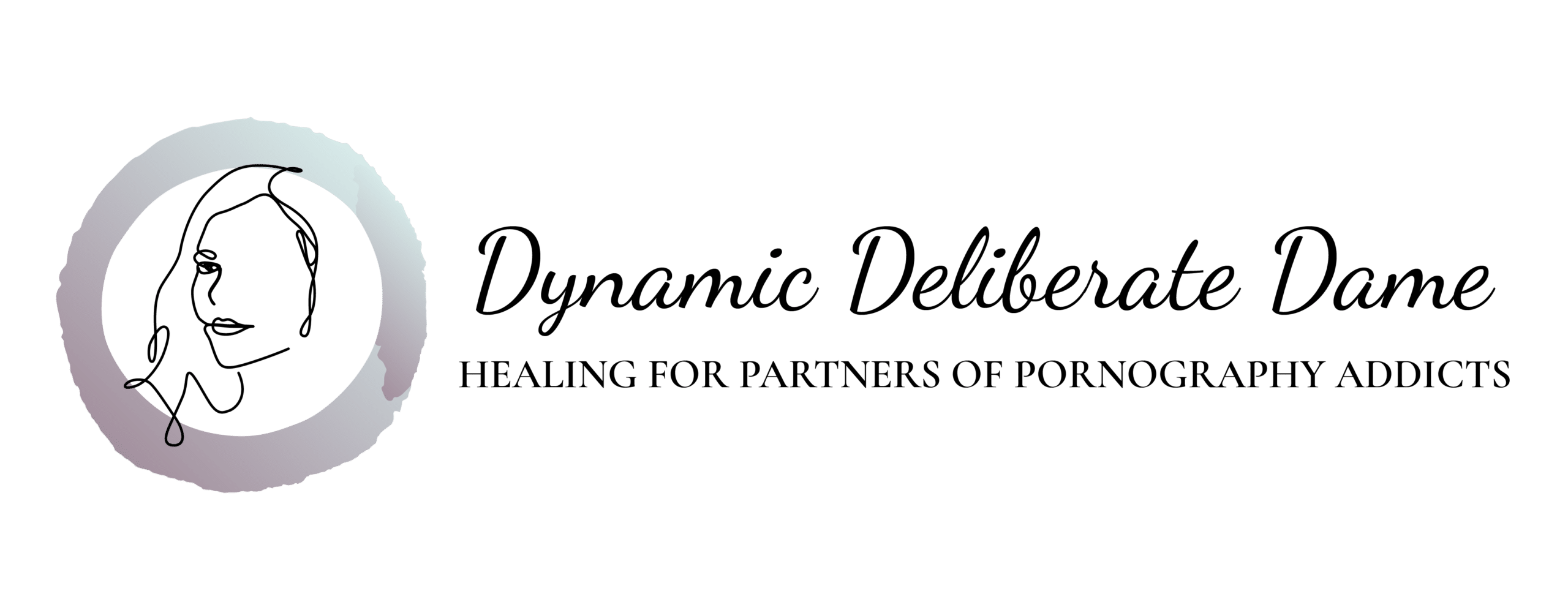As a partner, you’ve certainly felt the impact of your husband’s pornography addiction. It can truly be damaging with far-reaching effects into your health (both physically and emotionally), your social and family life, and even into your soul, changing who you are at your core. Coping with the chronic betrayal can be very hard.
Emotional effects of betrayal
Your spouse’s pornography addiction can have negative effects on your personal self-esteem, your trust in him, and your interest in a healthy sexual relationship. Stress might feel like a permanent resident in your body. Depression and anxiety aren’t too far behind. Some days, it may seem like your emotions are all over the place which is a normal response for partners. One day you might feel like your body isn’t good enough and the next day you want to scream at the top of your lungs that you are perfect just the way you are. As a partner of a porn addict, “I hear ya”. We compare ourselves to other women and feel like we aren’t enough. Anger, shame, frustration and sadness are just some of the emotions that you may feel at any given time. The emotional roller coaster can become a wild ride and can also worsen PTSD (post-traumatic stress disorder) like symptoms if you don’t engage in supportive help.
The experience can be similar to PTSD
Unfortunately, it is fairly common for partners to experience symptoms similar to post-traumatic stress disorder. Discovering your husband’s pornography addiction was a very scary and traumatic event. The anxiety that you felt and continue to feel, the triggers that frequently show up, and the ongoing thoughts about his acting out are right in line with PTSD. Multiple discoveries make this worse. Eventually, the emotional stress starts to impact your work life, your social life, and your normal daily activities. You may start down a spiral of feeling bad about yourself, giving up hope that things will ever get better, and feel a numbness that impacts all areas of your life. Feeling like you have to be on constant alert for the next discovery or always playing the detective to monitor his behavior is exhausting!
Oh, the triggers
Triggers have both a physical and an emotional impact and can show up at any time. Unfortunately, our triggers are the things associated with everyday life. They are also part of how/why we experience PTSD like symptoms. I’ve been triggered by television shows, by the sound of his belt buckle, and even by a song. It seems crazy but they are all very real and very understandable given the situation. I’m not proud of how I have acted when triggered but I know now that I needed to give myself Grace and time to heal. Trauma recovery doesn’t happen overnight. If healing doesn’t take place, the trauma can take a toll on more and more areas of your life. Sleep is one common area that is affected either by sleeping too much or not enough. You can’t focus on your normal daily activities or at least not as effectively as you did before. Coping mechanisms might include drinking too much or working too much or just plain withdrawing from life. It doesn’t seem fair! You aren’t the addict!
Chronic betrayal
Betrayal for partners comes in many forms. Personal betrayal of intimacy and monogamy are at the forefront. But other forms of betrayal are just as real. Your husband lying to you constantly and hiding an entire part of their life from you is also betrayal. Putting your safety and security at risk by acting out at work or in public, spending your family’s income on pornography, and putting you in a position of constantly fearing their actions is also betrayal. The impact of the chronic betrayal is more than most people can comprehend.
Recover from the betrayal
Replaying the negative past is toxic to your brain. Sometimes we even turn to alcohol or work or something else external to help us cope. It is so hard to do but with time and healing, you can focus more on the present, focus more on your boundaries, and focus more on your recovery from the trauma. We are all seeking balance. We want emotional and physical health as well as a life that fits with our own values. We’ve focused on them, their addiction, their recovery for so long. It’s time that you start to focus on yourself and your needs that have emerged from being a partner throughout this experience.
*The information contained on this site is not intended or implied to be a substitute for professional medical advice, diagnosis, or treatment. In addition, blog posts may contain affiliate links which means that I may be compensated if you click and make a purchase.

